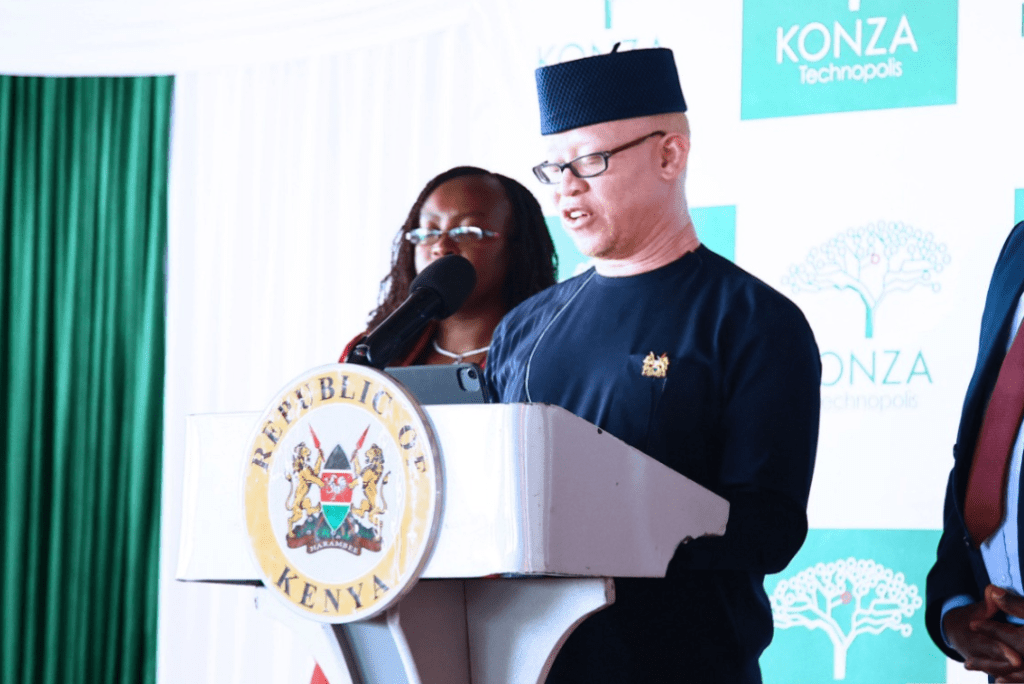The Kenyan government is steadfast in its commitment to expand and expedite broadband connectivity nationwide by laying down at least 100,000 kilometers of National Fiber Optic infrastructure.
According to Government Spokesperson, Dr. Isaac Mwaura, this initiative is in line with the Kenya Kwanza government’s Bottom-up Economic Transformation Agenda (BETA), aimed at providing reliable, stable, affordable, and high-speed internet connectivity throughout the country.
Mwaura highlighted the government’s achievements in this endeavor, stating, “We have laid a total of 13,712 kilometers of fiber cable and increased the number of Public-Wi-Fi hot spots from 40 in 2022 to 1,222 in 2023. Cumulatively we have established a total of 1,262 Wi-Fi spots.”
Additionally, the BETA Blue Print aims to enhance government service delivery through digitization and automation of critical processes, with the goal of making 80 percent of government services available online.
The government has made significant strides in the technology sector, including the connection of 247 digital hubs to the internet, training 800 youths under the Presidential Digital Talent Program, and deploying 12,087 virtual desktop infrastructure devices and 136 Jitume sites.
Under the Jitume Programme, a flagship initiative of Kenya Kwanza, the government aims to empower over 1 million youths by providing infrastructure and over 23,000 digital devices to centers, among other activities.
Mwaura emphasized the government’s commitment to fostering innovation and development through initiatives like the Konza Technopolis, which brings together industry, academic institutions, and innovators to invest in emerging technologies.
He stated, “The Technopolis is developing a smart city of international standards, attracting over 85 percent of both local and international investors, particularly in academia, technology sectors, research and development, housing, hospitality, conventions, light manufacturing, and logistics.”
Furthermore, the Konza Technopolis cloud is providing state-of-the-art solutions, enabling innovators, startups, and enterprises to scale their offerings, improve efficiencies, and deliver services and solutions effectively.
Regarding health, Mwaura highlighted the government’s priority in utilizing information and communication technology to enhance service delivery.
He stated, “Technology will connect all level 6 to level 2 public health facilities to the National Backbone Fiber Infrastructure (NOFBI) and implement local Area Network (LAN).”
The government has made significant progress in this aspect, having connected 135 public health facilities to NOFBI and implementing LAN in 57 public hospitals to date.
TikTok Introduces ‘Add To Music App’ Feature in 163 Countries, Including Kenya
